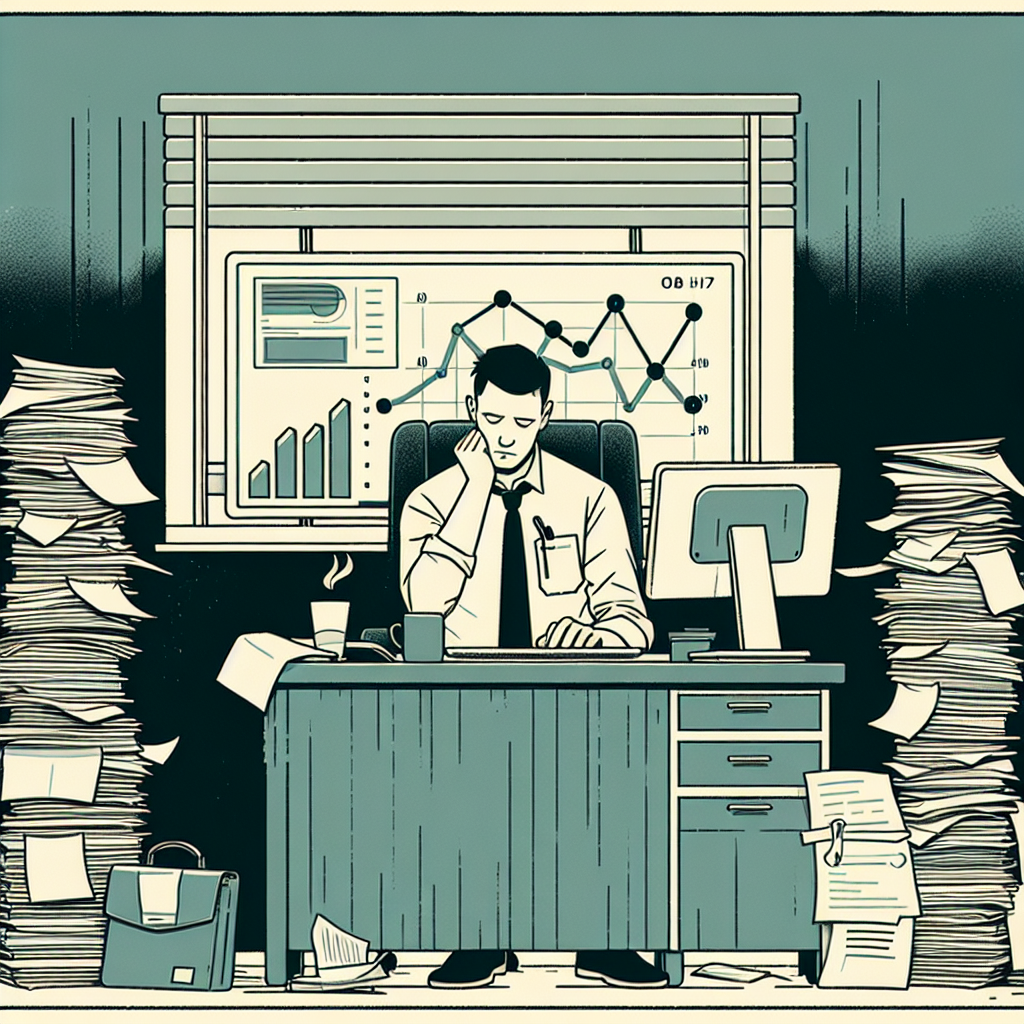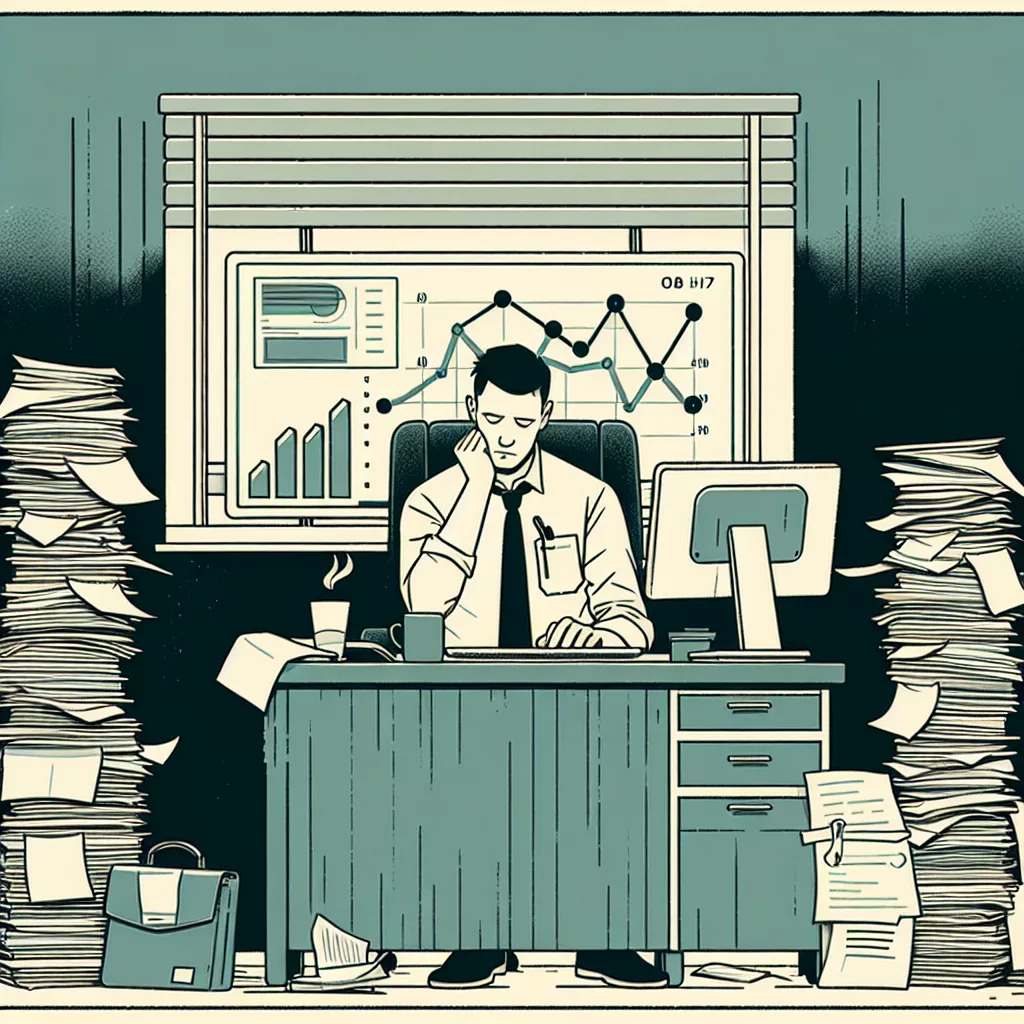The role of a Clinical Data Manager, paramount in clinical trials, is at a heightened risk for burnout due to intense workloads and tight deadlines.

- High workload due to complex data management tasks.
- Tight deadlines increase stress and pressure.
- Frequent changes in regulatory requirements add complexity.
- Sustained mental focus often leads to fatigue.
- Limited opportunities for career advancement cause frustration.
- Inadequate work-life balance is a common issue.
- Demand for precision can be mentally exhausting.
Current data indicates that career burnout severity for Clinical Data Managers is typically assessed as moderate.
Reasons Clinical Data Managers burnout
According to the science to date there are key reasons people burnout at work. Here’s our top reasons why Clinical Data Manager in the Healthcare category has a burnout risk of Moderate:
As a professional in the field of burnout studies, it’s important to explore why you might experience burnout in your role as a Clinical Data Manager. Understanding these factors can help you mitigate stress and maintain well-being.
High Workload: The sheer volume of data to manage, analyze, and ensure its integrity can be overwhelming. Tight deadlines and the pressure to deliver accurate results add to this strain.
Technical Complexity: Managing various software systems, tools, and databases can be demanding. The constant need to update your technical skills to keep up with industry standards may contribute to stress.
Regulatory Pressure: The necessity to comply with rigorous regulatory requirements and guidelines can be burdensome. Errors or non-compliance can have severe consequences, adding to your stress levels.
Monotony: Repetitive tasks and the necessity for meticulous attention to detail can lead to job dissatisfaction. The lack of variety in daily tasks may foster a sense of monotony and disengagement.
Limited Resources: You may face challenges due to insufficient staffing or budget constraints. This can increase your workload and stress, as you strive to meet expectations with fewer resources.
Lack of Recognition: Despite the critical nature of your work, there might be limited recognition or appreciation. This can affect your motivation and lead to feelings of undervaluation.
Poor Work-Life Balance: Long hours and the expectation of being available outside of regular working hours can result in a poor work-life balance. This diminishes your ability to recover and recharge.
Burnout rate data for Clinical Data Manager/Healthcare
Understanding the burnout levels among Clinical Data Managers (CDMs) in the healthcare industry is critical. Though specific data on burnout for CDMs is limited, there is considerable research on healthcare professionals more broadly, indicating high stress and burnout rates across the sector. Burnout is often linked to excessive workloads and emotional strain. You can explore such industry-wide dynamics through authoritative sources.
The World Health Organization (WHO) provides insights into burnout as a workplace phenomenon. Their focus is on its classification and its implications for health workers. You may find valuable information in WHO publications (https://www.who.int/news/item/28-05-2019-burn-out-an-occupational-phenomenon-international-classification-of-diseases), understanding the framework of burnout in healthcare settings.
Another resource for general healthcare professional burnout data is the National Institute for Occupational Safety and Health (NIOSH). It delves into occupational stress and its impact. This can guide you on comprehensive industry-wide practices and preventive measures (https://www.cdc.gov/niosh/topics/workplacepolicy/burnout.html). These resources can help you frame burnout in a broader context, contributing valuable insights into potential risks and interventions within healthcare roles including CDMs.
Do you have experience of Burnout as a Clinical Data Manager or in Healthcare?
Share your story about Clinical Data Manager burnout on our share your story page.
Burnout in Healthcare
Career Burnout Rates > Burnout in Healthcare > Clinical Data Manager Burnout


